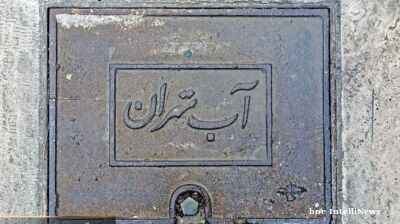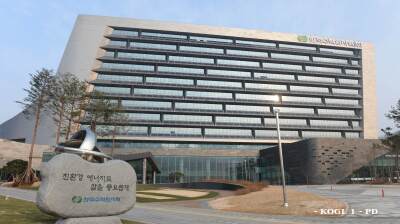Germany’s opposition to expanding nuclear power could be changing slowly, as the current gas crisis leads to more voices calling for an end to the closure of nuclear power plants (NPPs).
Support for nuclear power is now re-emerging in the face of reduced gas imports from Russia, going against the post-Fukushima decision in 2011 to phase out atomic energy in the country.
In March, the German Council of Economic Experts recommended that the country delay the phase-out of its three remaining nuclear reactors, planned for the end of 2022.
Such a view broke almost 10 years of government policy, which called for the winding down of the country’s elderly nuclear reactors. It was also connected to the country’s traditional opposition to nuclear weapons, led by a powerful green lobby and the presence in the federal government of the Green Party.
Politicians on the centre-right, led by the Free Democrats, are also calling for the phase-out to be delayed. Neighbouring Belgium approved such a move in March, extending the lifetime of two reactors beyond the planned 2025 exit.
Three reactors are still operating – down from 17 in 2011 – and they’re scheduled for decommissioning at the end of 2022. Three other units closed at the end of 2021 and are in the early stages of shutdown. The three remaining reactors generate 11% of German electricity.
Keep the last three reactors open beyond 2022 would require a number of regulatory changes and reversing the decommissioning process, with new security and safety checks needed. There is now a shortage of trained staff.
Finally, the country only has enough nuclear fuel, in the form of uranium rods, to last until the end of 2022. Sourcing new fuel at short notice would be expensive.
The crisis in the EU-Russia gas relationship took another turn for the worse in mid-June, with Germany, Italy and France all reporting cuts in supply after all three countries backed Ukraine’s bid for EU candidate status.
The German government announced on June 19 additional measures to boost gas storage levels ahead of the next winter heating season, amid rising fears that Moscow could cut off gas supply to the country completely. Its economy ministry said the new measures would include increased reliance on coal-fired power plants, as well as the introduction of an auction system starting in the coming weeks that would provide incentives to industry to consume less. The government is also providing a €15bn ($16bn) credit line to Germany’s gas market operator via state lender KfW, to help it stock up on gas faster, according to Reuters.
Alongside coal, renewables and managing demand, the country still has the nuclear option.
Yet nuclear power has limitations. It cannot replace gas used for domestic heating or in industry. Half of the country’s homes are heated by gas, while industry accounts for more than one-third of overall gas use.
Although building new nuclear reactors is wildly expensive, with experience in Finland and France demonstrating the difficulty in controlling costs, even green lobbyists recognise that utilising current atomic generating capacity has a part to play in addressing the current energy crisis.
Green think-tank Ember said in June that new nuclear reactors were not cost-effective or even needed for security of supply, while acknowledging that there was no need to abandon current projects in development, as building new plants as planned would not significantly raise costs, and could even help to reduce fossil gas more quickly.
Meanwhile, the International Energy Agency (IEA) considers nuclear an “essential foundation” of the energy transition, and the United Nations Economic Commission for Europe last year called nuclear phase-outs a “setback” for efforts to fight climate change.
bneGREEN

EXPLAINER: What is the EU’s CBAM and how will it affect global trade from 2026?
The European Union’s Carbon Border Adjustment Mechanism (CBAM) will enter its full operational phase on January 1, 2026, marking a major shift in global climate and trade policy.

Iran faces critical water crisis after driest year in five decades
Iran faces critical water crisis after driest year in five decades with 40% nationwide rainfall drop.

Global renewables to double by 2030, but IEA warns momentum must accelerate
Global renewable energy capacity is on course to double by 2030, reaching 4,600 GW—comparable to the current combined total of China, the European Union and Japan—according to the International Energy Agency’s Renewables 2025 report.

South Korea’s embrace of SMRs as a pillar of nuclear policy
Spearheaded by Korea Hydro & Nuclear Power, these compact reactors are increasingly being seen as central to the nation's energy policy, offering flexibility, scalability, and ultimately a pathway to carbon neutrality

.jpg)

_1760544574.jpg)
